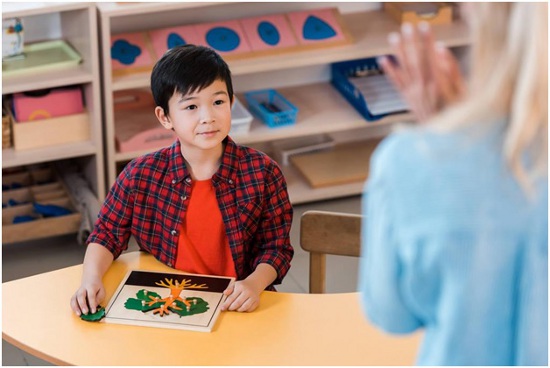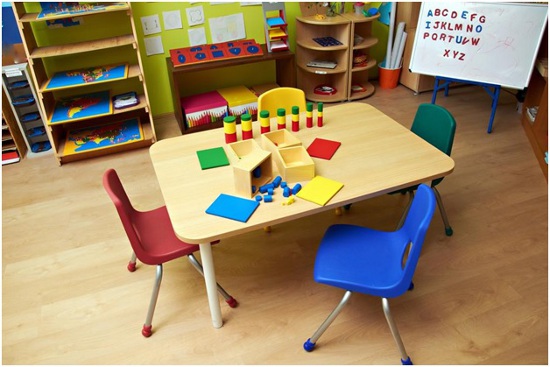What is a Montessori preschool?
Montessori preschool is a great choice for parents who want their children to have a head start on their education. The Montessori method of teaching is designed to help children learn at their own pace and develop a love for learning.


What is the Montessori philosophy?
The Montessori philosophy which is being utilized in Montessori preschool in Singapore is a child-centered educational approach that emphasizes hands-on learning and independent exploration. In Montessori classrooms children are free to move around and choose activities that interest them. This allows them to learn at their own pace and develop their own strengths and interests.
The Montessori philosophy is based on the work of Italian educator Maria Montessori, who developed it in the early 1900s. Montessori believed that all children have a natural desire to learn and that they should be given the opportunity to do so in an environment that is supportive and stimulating.
Montessori classrooms are typically designed to promote independence, order, and concentration. Materials are often presented in a way that allows children to use them in different ways, encouraging them to be creative and innovative in their learning.
The Montessori philosophy values the whole child, not just their academic achievement. It recognizes the importance of social, emotional, physical, and cognitive development in preparing children for success in life.
How do Montessori classrooms differ from other preschools?
While the educational philosophy of Montessori is unique, the actual physical classrooms used in Montessori schools can vary greatly. Some Montessori classrooms are traditional, with students sitting in rows of desks and working quietly on individual assignments. Other Montessori classrooms might look more like daycare centers, with students playing and working on projects together in small groups.
However, all Montessori classrooms have certain features in common. These include carefully designed learning materials, a prepared environment that allows for exploration and discovery, and trained teachers who act as guides rather than lecturers.
Montessori classrooms differ from other preschools in several important ways. First, Montessori classrooms are designed to promote independence and self-motivation in students. Students are encouraged to work at their own pace and choose their own activities, within limits set by the teacher.
Second, Montessori classrooms place a strong emphasis on hands-on learning. Students learn best by doing, so they are given opportunities to manipulate materials and explore their surroundings.
Third, because teachers act as guides rather than lecturers in Montessori classrooms, student-teacher interactions are typically very different from those in other preschools. In a Montessori classroom, teachers might.
What are some of the benefits of a Montessori education?
Montessori education is a unique approach to education that emphasizes hands-on learning and independent exploration. Montessori education is based on the educational philosophy of Italian physician and educator Maria Montessori.
Montessori education is designed to meet the needs of each individual child. The Montessori method of education is characterized by a prepared environment, where materials are carefully chosen to aid in a child’s development and learning. In a Montessori classroom, children are free to move about and choose activities that interest them. The role of the teacher is to guide and support the child’s learning, rather than direct it.


Montessori education has many benefits for both children and their parents. Some of the benefits of a Montessori education include:
- Hands-on Learning: Children in a Montessori classroom learn by doing. They are encouraged to touch, smell, taste, and manipulate objects as they explore their world. This type of hands-on learning is very effective in helping children understand abstract concepts.
- Independence: In a Montessori classroom, children are encouraged to be independent learners. They are given the freedom to choose their own activities and work at their own pace.
















